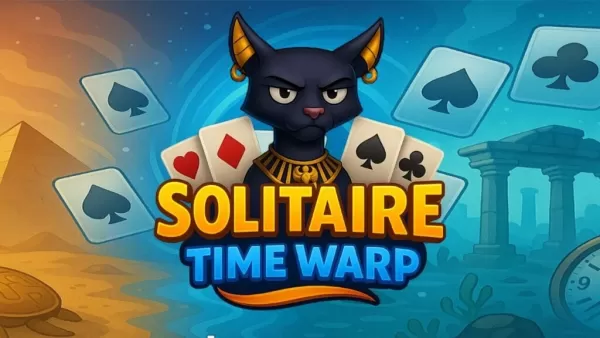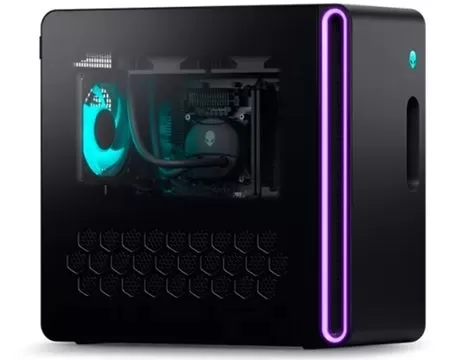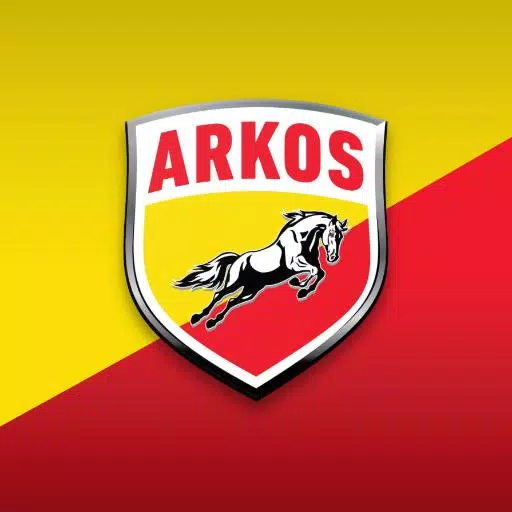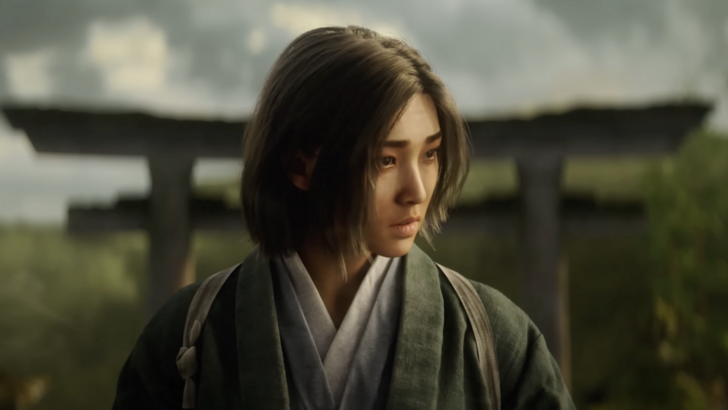 Following a string of underperforming releases and setbacks, Ubisoft faces pressure from a minority investor, Aj Investment, demanding a management overhaul and staff reductions.
Following a string of underperforming releases and setbacks, Ubisoft faces pressure from a minority investor, Aj Investment, demanding a management overhaul and staff reductions.
Aj Investment Calls for Ubisoft Restructuring
Previous Layoffs Insufficient, Investor Claims
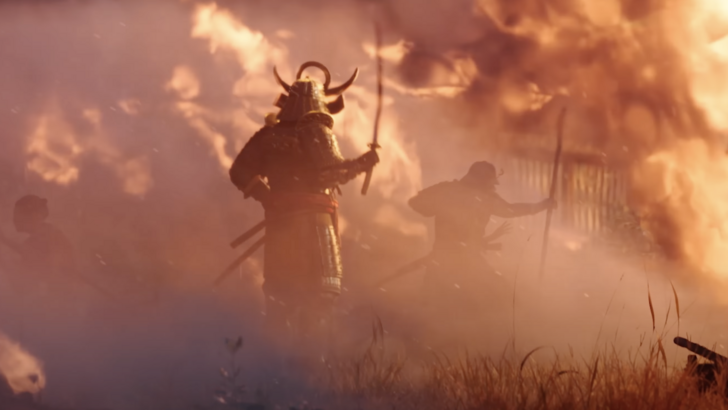 Aj Investment, a significant Ubisoft shareholder, has publicly urged the company's board, including CEO Yves Guillemot and Tencent, to take the company private and install new leadership. In an open letter, the investor expressed deep dissatisfaction with Ubisoft's current performance and strategic direction.
Aj Investment, a significant Ubisoft shareholder, has publicly urged the company's board, including CEO Yves Guillemot and Tencent, to take the company private and install new leadership. In an open letter, the investor expressed deep dissatisfaction with Ubisoft's current performance and strategic direction.
The letter cites the delay of key titles like Rainbow Six Siege and The Division to late March 2025, alongside lowered Q2 2024 revenue projections and overall poor performance, as major concerns. Aj Investment specifically proposed replacing Guillemot as CEO, advocating for a new leader to optimize costs and studio structure for improved agility and competitiveness.
This pressure has impacted Ubisoft's share price, which has reportedly fallen over 50% in the past year, according to the Wall Street Journal. Ubisoft has yet to publicly respond to the letter.
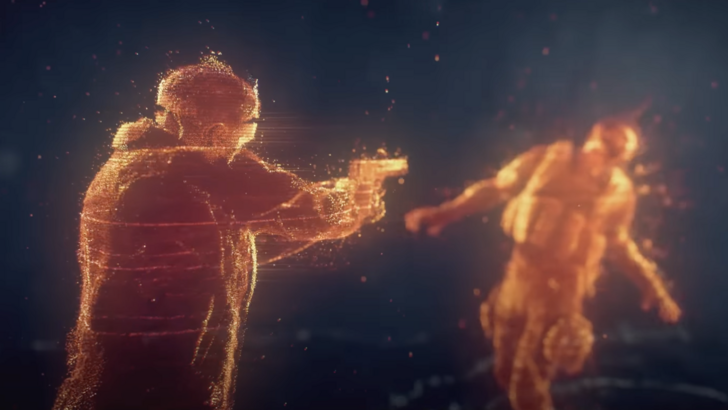 Aj Investment argues that Ubisoft's low valuation stems from mismanagement and that shareholders are being disadvantaged by the Guillemot family and Tencent. The investor criticizes the company's focus on short-term gains rather than long-term strategic planning and delivering exceptional gaming experiences.
Aj Investment argues that Ubisoft's low valuation stems from mismanagement and that shareholders are being disadvantaged by the Guillemot family and Tencent. The investor criticizes the company's focus on short-term gains rather than long-term strategic planning and delivering exceptional gaming experiences.
Aj Investment's Juraj Krupa further criticized the cancellation of The Division Heartland, the underwhelming reception of Skull and Bones and Prince of Persia: The Lost Crown, and the underutilization of popular franchises like Rayman, Splinter Cell, For Honor, and Watch Dogs. While Star Wars Outlaws was anticipated to boost performance, its sales have reportedly underwhelmed, contributing to the company's share price hitting its lowest point since 2015.
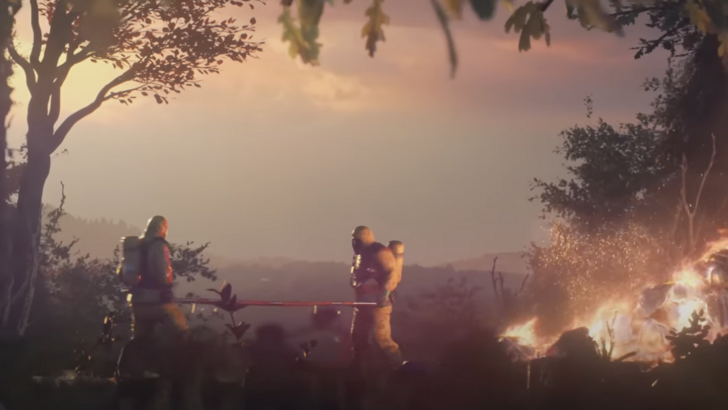 The letter also suggests significant staff reductions, citing that competitors like EA, Take-Two Interactive, and Activision Blizzard achieve higher revenues and profitability with smaller workforces. Ubisoft's 17,000+ employees contrast sharply with EA's 11,000, Take-Two's 7,500, and Activision Blizzard's 9,500.
The letter also suggests significant staff reductions, citing that competitors like EA, Take-Two Interactive, and Activision Blizzard achieve higher revenues and profitability with smaller workforces. Ubisoft's 17,000+ employees contrast sharply with EA's 11,000, Take-Two's 7,500, and Activision Blizzard's 9,500.
Krupa calls for aggressive cost-cutting and staff optimization to improve operational efficiency, suggesting the sale of studios not crucial to core IP development. He points out that Ubisoft's 30+ studios represent an overly large and potentially unprofitable structure. While acknowledging previous layoffs (approximately 10% of the workforce), Krupa insists that further action is needed to remain competitive. He also states that planned cost reductions are insufficient.


